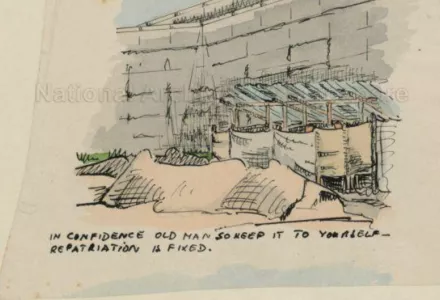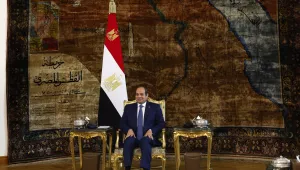Home is Where Heritage is: Banishment and Repatriation in British Malaya, 1920–1960
Speaker: Sudarshana Chanda, Ernest May Fellow in History & Policy, International Security Program
This seminar explores how, in post-WWII British Malaya, banishment became conflated with another category of movement, repatriation. It further examines the new ways postwar "repatriation" schemes inflected categorizations of belonging for people with plural ethnic identities. In the aftermath of WWII, hundreds of thousands of prisoners of war, surrendered personnel, and "foreign" civilian occupants were voluntarily repatriated from Malaya to their home countries. At the same time, the forced movement of many people — which derived from multidecadal colonial banishment policies — was also rebranded as "repatriation." Both types of movement out of Malaya involved encounters with the colonial state and an implicit redefinition of citizenship or belonging based on ethnic categories.
Open to Harvard ID Holders Only: Admittance will be on a first come–first served basis. Coffee &Tea Provided.



